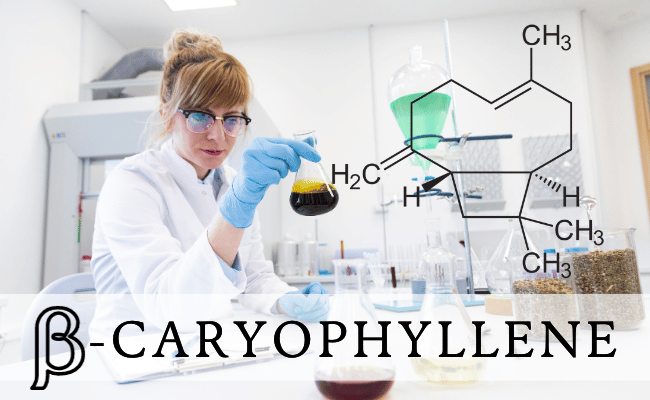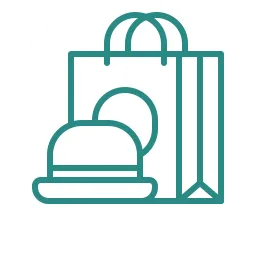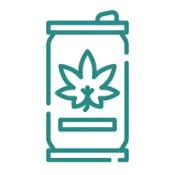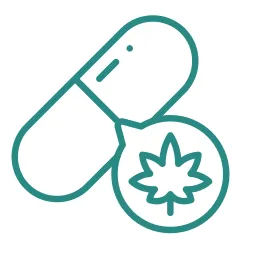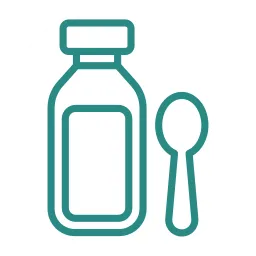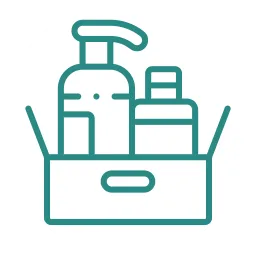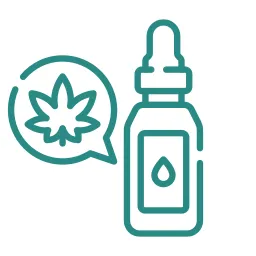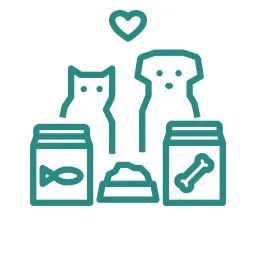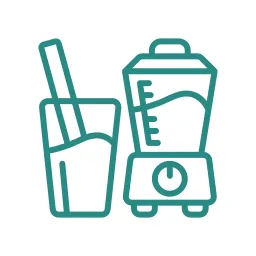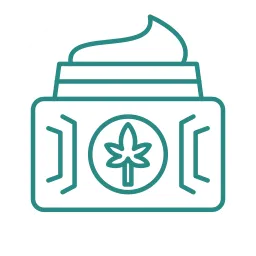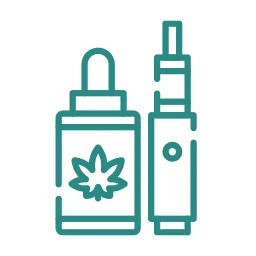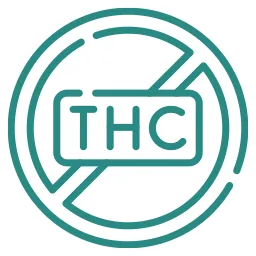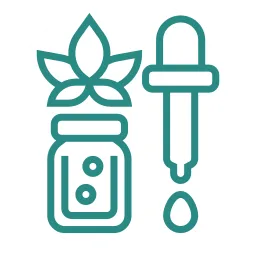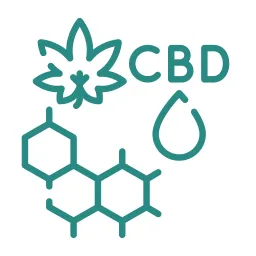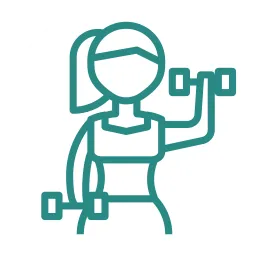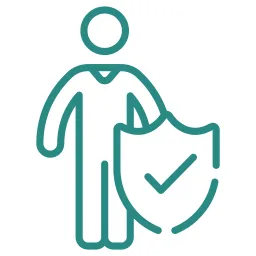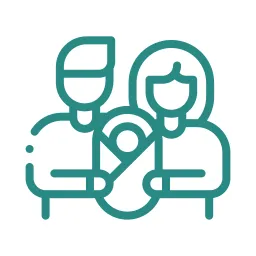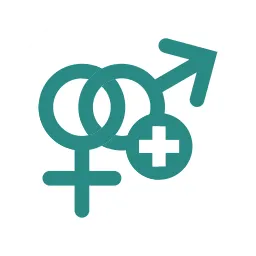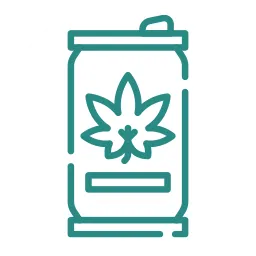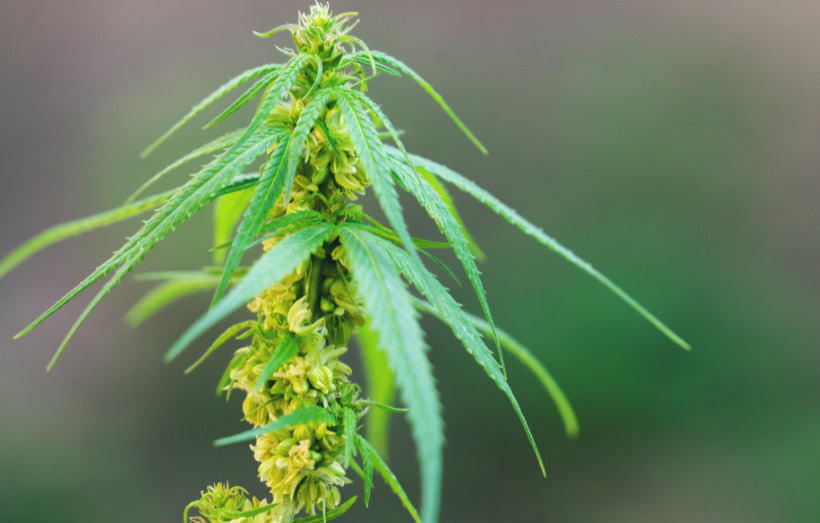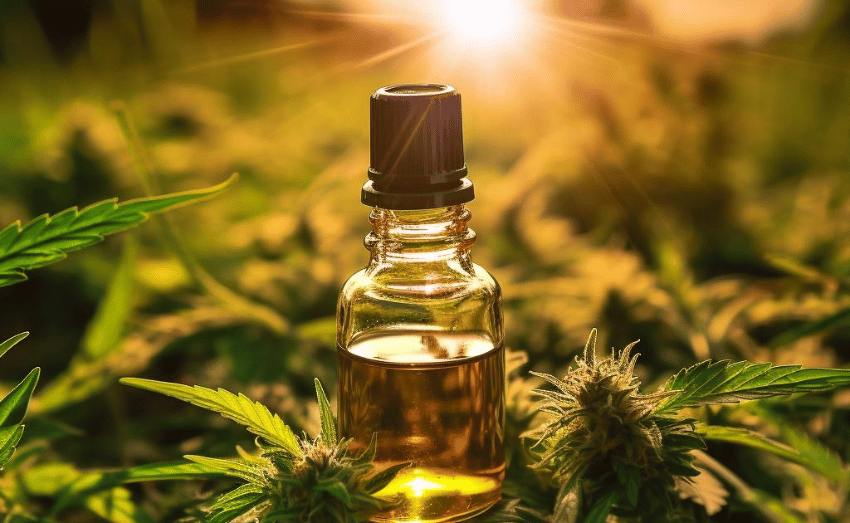A drug test in Australian laws can be tricky and change based on whether they’re national, state, or territory laws1. This also applies to the right to say no to a drug test, especially at work.
- Workplace Drug Testing
- Roadside Drug Testing
- Can I Be Fired For Failing A Workplace Drug Test?
- Penalties For Refusing A Drug Test In Australia
- Consequences Of Testing Positive For Drugs In The Workplace In Australia
- Commonly Tested Drugs In The Workplace in Australia
- Can A Drug Test Be Wrong?
- Conclusion
- FAQs
Workplace Drug Testing
In Australia, it’s legal for bosses to do drug tests at work based on the company’s rules about alcohol and drugs2. But workers can say no to these tests. Keep in mind that saying no might lead to issues based on the company’s rules.
Roadside Drug Testing
On the road, when you’re driving, saying no to a drug test is against the law. This is like saying no to a random breath test for alcohol. The punishment for saying no to a test is usually more severe than the punishment for testing positive3.
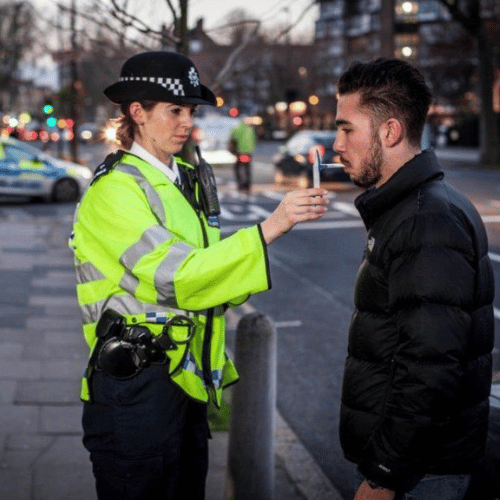
Can I Be Fired For Failing A Workplace Drug Test?
In Australia, failing a drug test at work could lead to losing your job, but it depends on your boss’s rules and the type of work you do.
Here are some possible results:
- Getting Fired: If your job contract clearly states that workers need to do random or regular drug tests and you fail, it could be argued to the Fair Work Commission that you didn’t follow a legal and reasonable order from your boss. This could be a reason for getting fired4.
- Rehabilitation: Some bosses might offer help and rehabilitation for workers who test positive for drugs5.
- Legal Action: A boss doesn’t always have the right to fire a worker who comes to work under the influence of drugs or even fails a drug test. Bosses could find themselves in legal trouble for instantly firing a worker suspected of testing positive for drugs or alcohol.
Remember, each workplace will have its rules and procedures for dealing with positive drug tests. If you’re unsure about anything, it’s always a good idea to get legal advice.
Penalties For Refusing A Drug Test In Australia
In Australia, the punishment for saying no to a drug test changes based on whether it’s your first, second, or other offense.
- For a first offense, the biggest punishment is 12 penalty units.
- For a second offense, the biggest punishment is 60 penalty units.6
- For a third or another offense, the biggest punishment is 120 penalty units.
On top of these punishments, if you say no to a police officer’s order to do a breath test or if you don’t give a good enough breath sample, you could be fined and/or go to jail, and you could be disqualified or suspended from driving.
Remember, these punishments can change and be different in each state or territory. It’s always a good idea to get legal advice if you’re not sure about anything.

Consequences Of Testing Positive For Drugs In The Workplace In Australia
- Workplace Accidents: Using drugs can cause accidents, injuries, or damage to machines7.
- Lower Productivity: Using drugs can cause more absenteeism and lower productivity.
- Bad Teamwork: Using drugs can cause bad teamwork or relationships at work.
- Disciplinary Actions: You might face disciplinary or conduct issues. This could be anything from a warning to losing your job, depending on how serious the situation is and your boss’s rules.
It’s important to remember that drug testing at work in Australia is often seen as invading privacy, and drug tests have been the focus of many unfair dismissal cases brought to the Fair Work Commission (FWC).
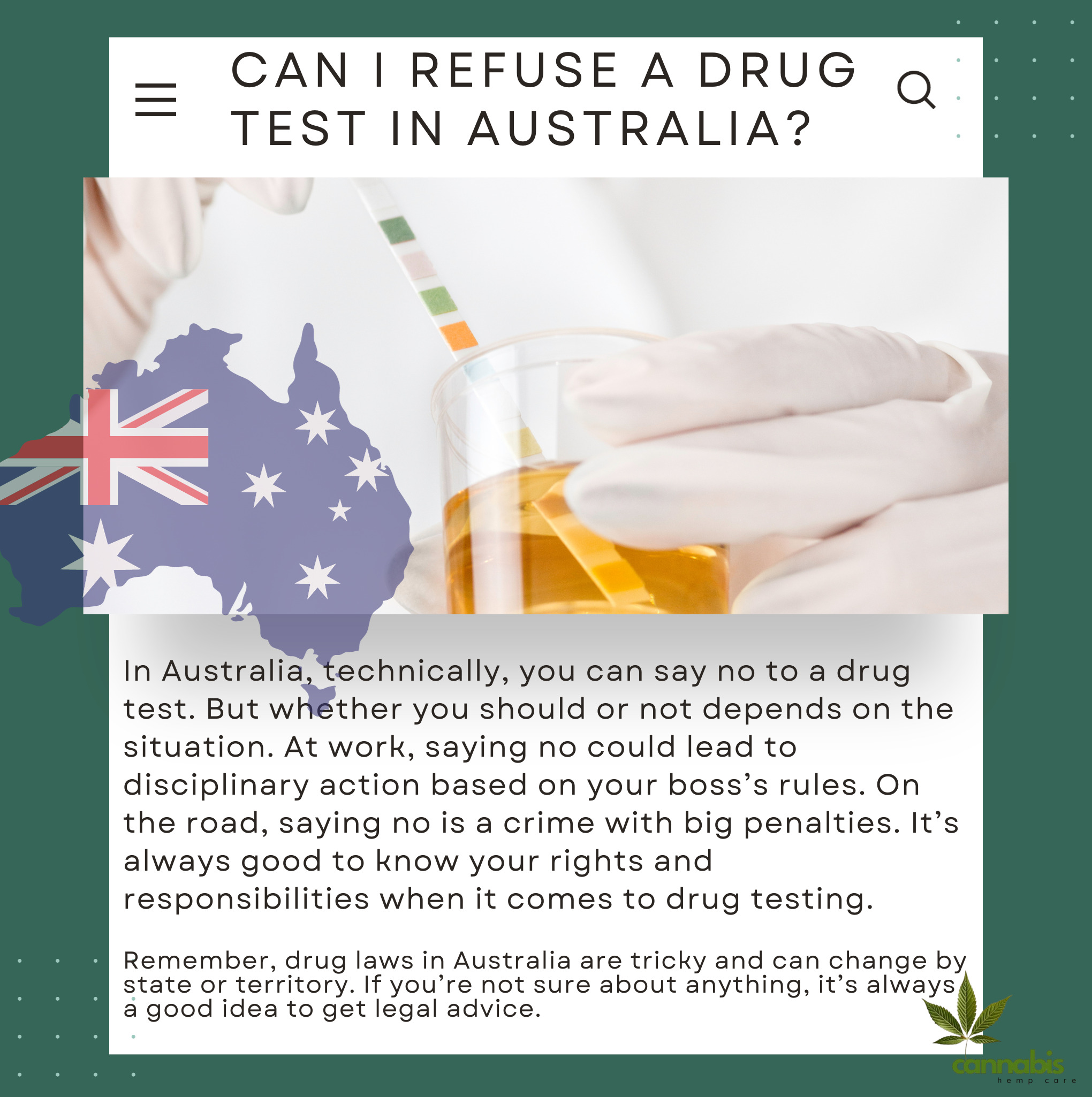
Commonly Tested Drugs In The Workplace in Australia
- Cannabis
- Amphetamines (like methamphetamines, speed, ecstasy)
- Cocaine
- Opiates (like heroin, opium, codeine)
- Benzodiazepines (medications like Valium or Xanax)
These drugs are usually tested using urine, saliva, or blood tests.
Can A Drug Test Be Wrong?
Yes, drug tests can sometimes give incorrect results. A test might wrongly show that a drug is in your system (false positive) or not in your system (false negative). False positives can happen for reasons like eating certain foods or taking certain medications8. False negatives can happen if the drug is in your system but below the test’s detection limit.
To avoid these errors, any positive result from an initial test should be confirmed with a more specific test. If you think you’ve gotten a false positive, it’s important to dispute it and talk to your healthcare provider or a legal professional.
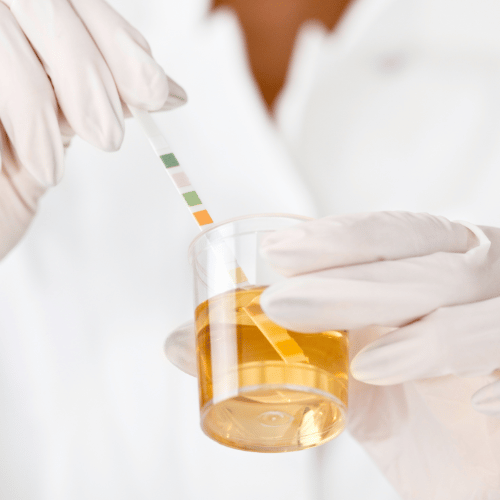
Conclusion
In Australia, technically, you can say no to a drug test. But whether you should or not depends on the situation. At work, saying no could lead to disciplinary action based on your boss’s rules. On the road, saying no is a crime with big penalties. It’s always good to know your rights and responsibilities when it comes to drug testing.
Remember, drug laws in Australia are tricky and can change by state or territory. If you’re not sure about anything, it’s always a good idea to get legal advice.
FAQs
Sources
- Department of Health and Aged Care. “Drug Laws in Australia.” Australian Government Department of Health and Aged Care, 2 Apr. 2019, www.health.gov.au/topics/drugs/about-drugs/drug-laws-in-australia. Accessed 8 Oct. 2023. ↩︎
- “The Legality of Alcohol and Drug Testing at Workplaces in Australia.” Andatech, andatech.com.au/blogs/resources/alcohol-drug-testing-legality-australia. Accessed 8 Oct. 2023. ↩︎
- “Refuse Drug Test (Drug Driving).” Doogue + George, 27 Nov. 2018, www.criminal-lawyers.com.au/offences/refuse-drug-test-drug-driving. Accessed 8 Oct. 2023. ↩︎
- “Drug Testing in the Workplace.” NUAA, nuaa.org.au/drug-testing-in-the-workplace. Accessed 8 Oct. 2023. ↩︎
- seo.manager. “What Happens After Failing a Pre-Employment Drug Test in Australia?” Breathalysers Australia, 5 Oct. 2022, breathalysers-australia.com.au/failing-a-pre-employment-drug-test-australia/. Accessed 8 Oct. 2023. ↩︎
- “Refuse Drug Driving Test – Melbourne Traffic Lawyers – Victoria.” Traffic Lawyers Melbourne, www.trafficlawyermelbourne.com.au/drug-driving/refuse-to-comply-with-request-for-oral-sample-491eb. Accessed 8 Oct. 2023. ↩︎
- SA, SafeWork. “Alcohol & Other Drugs.” SafeWork SA, 3 Mar. 2020, www.safework.sa.gov.au/workers/health-and-wellbeing/alcohol-and-drugs. Accessed 8 Oct. 2023. ↩︎
- “Can a Drug Test Lead to a False Positive?” Drugs.com, www.drugs.com/article/false-positive-drug-tests.html. Accessed 8 Oct. 2023. ↩︎

